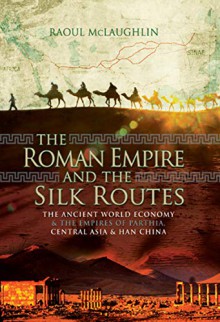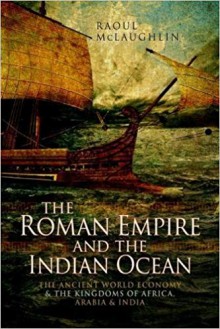
My son is currently studying Roman history at school, and during one of our trips to our local library a couple of weeks ago he picked up as many books about Roman history as he could find. This Julius Caesar biography was among them, and while it's geared to a slightly older group of learners I'm not one to tell someone what they can't read. As soon as we arrived home, though, the books landed on the floor in his room, where they've sat ever since.
One of the reasons for this is that reading it wasn't an obligation. While he has a considerable amount of homework every week, he's allowed to choose what he wants to read. Because of this, he usual meets his obligations by reading books in the Diary of a Wimpy Kid or Dog Man series, both of which he enjoys greatly. In addition to that, though, he also has a weekly project due that rotates between Literature, Writing, Science, and Current Events. This week Literature came up in the rotation, which means that he has to not just read a book but "respond" to it in some way. I decided to use the assignment to push him to read the Caesar biography, and for it I decided to read it myself.
For an adult it's a quick read, with plenty of illustrations and info boxes. Denise Rinaldo does a good job of presenting the basic facts of Caesar's life, with some helpful short-term background information added in for context. Overall, it's a fine introduction for anyone seeking "just the facts" on one of history's big names, and is ideal for the middle-school or high school audience to whom it is geared. Hopefully with a little help an elementary school reader can enjoy it as well!

 Log in with Facebook
Log in with Facebook 









